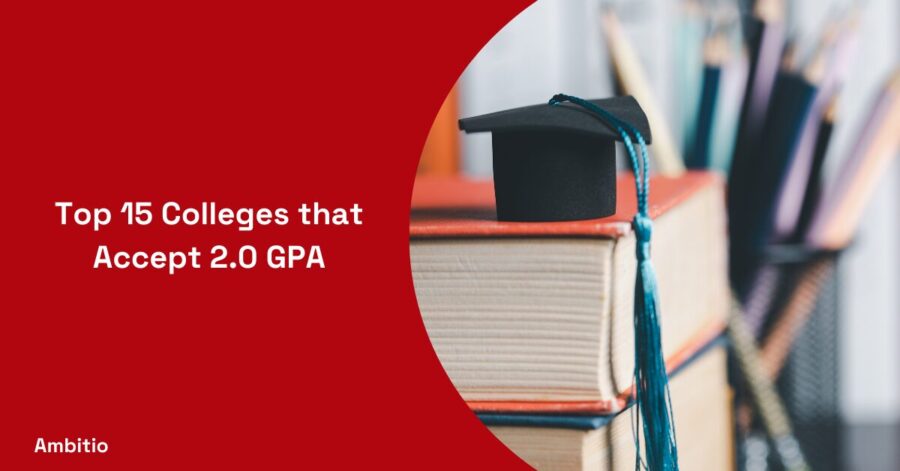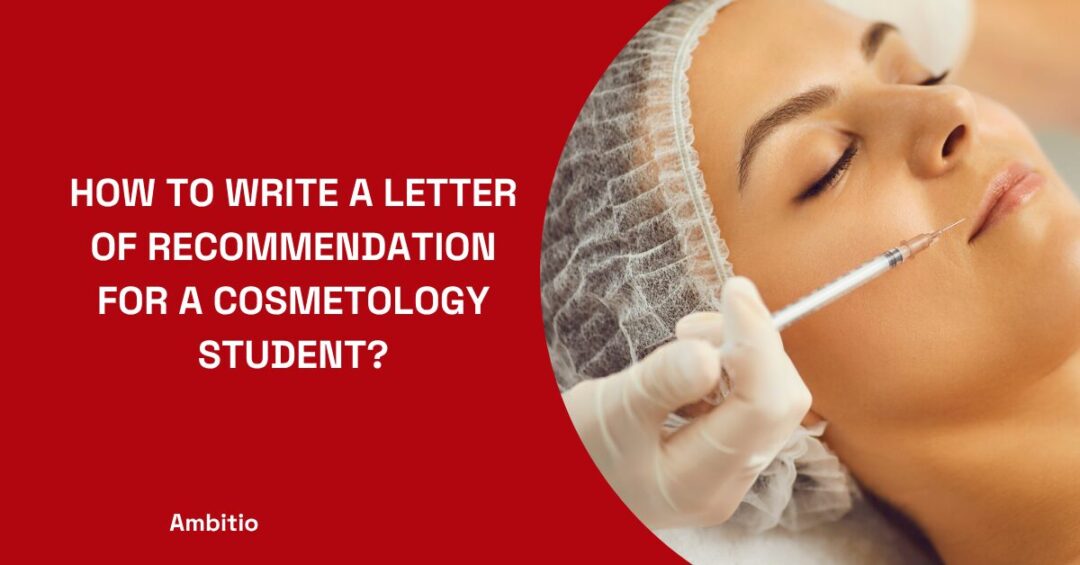19 March 2025
5 minutes read
Top 15 Colleges that Accept 2.0 GPA

Key Takeaways
- Colleges that accept 2.0 GPA focus on more than just grades. Strong extracurriculars, essays, and recommendations can boost your chances.
- Improve your application with higher test scores, transfer programs, and a compelling personal statement to stand out.
- Explore alternative pathways like community colleges and conditional admissions to raise your GPA and reach your dream school.
A 2.0 GPA might feel like a deal-breaker for college admissions, but did you know that many colleges still offer opportunities? While the national average GPA hovers around 3.0, not every student has a high GPA score. Whether personal struggles, tough coursework, or life circumstances led to a low GPA, the reality is that students with a 2.0 GPA often feel stuck, questioning if they have a chance of getting into a good college.
The truth? Colleges that accept 2.0 GPA exist, and they understand that GPA is not everything. Schools like Metropolitan College of New York and Virginia University of Lynchburg offer options for students with low GPAs. Even if your GPA is considered low, factors like strong essays, recommendation letters, and extracurriculars can offset a low GPA. This blog will guide you through a list of colleges that accept 2.0 GPA, proving that even if your GPA is low, your future isn’t.
How Colleges Evaluate Low GPA Applicants?
Let’s be honest. A low GPA score makes college admissions tougher, but it’s not the end of the road. While most schools prefer a 3.0 GPA or higher, many colleges that accept 2.0 GPA understand that a grade point average doesn’t define a student’s full potential. Whether due to personal struggles or academic challenges, students with a low GPA can still find opportunities, especially at schools with low GPA requirements and universities that accept low GPAs.

Colleges that accept a 2.0 GPA look beyond just numbers. They consider extracurricular activities, personal statements, and letters of recommendation to see if a student has potential. Some universities that accept lower GPAs offer conditional or probationary admissions, while community colleges provide a stepping stone for those looking to raise their GPA. Even graduate schools with low GPA requirements exist, proving that even if your GPA is low, options are still available. The key? Finding the right list of colleges that focus on growth rather than just past grades.
Top 15 Colleges That Accept a 2.0 GPA
Pursuing higher education abroad is a dream for many, but a 2.0 GPA can feel like a significant hurdle. However, several institutions recognize that a grade point average doesn’t fully capture a student’s potential.

Below is a table highlighting some colleges that accept a 2.0 GPA, along with their average tuition fees, average salary outcomes, and exams required.
| College/University | Average Tuition Fees | Exams Required |
|---|---|---|
| Fresno City College (Fresno, CA) | $2,622 | None |
| Reinhardt University (Waleska, GA) | $22,645 | SAT or ACT |
| Hinds Community College (Raymond, MS) | $3,757 | None |
| Voorhees University (Denmark, SC) | $17,113 | SAT or ACT |
| Livingstone College (Salisbury, NC) | $18,006 | SAT or ACT |
| McHenry County College (Crystal Lake, IL) | Data Not Available | None |
| Union Institute & University (Cincinnati, OH) | Data Not Available | None |
| Peirce College (Philadelphia, PA) | Data Not Available | None |
| Heritage University (Toppenish, WA) | Data Not Available | None |
| Western Governors University (Salt Lake City, UT) | $10,580 | None |
| Martinsburg College (Martinsburg, WV) | $9,846 | None |
| Midwest Institute (Fenton, MO) | $23,672 | None |
| Montana State University–Northern (Havre, MT) | $12,717 | None |
| Elizabethtown College School of Continuing and Professional Studies (Elizabethtown, PA) | $12,898 | None |
| Franklin University (Columbus, OH) | Data Not Available | None |
How to Strengthen Your College Application with a Low GPA?
Even if your GPA is low, don’t lose hope. Focus on your strengths, research colleges that accept 2.0 GPA, and find a list of universities that value more than just numbers. Your journey to higher education isn’t over—it’s just beginning.
Whether you’re an international student or a local applicant, there are ways to improve your GPA, make up for a lower GPA, and still impress colleges that accept 2.0 GPA applicants. The key is to focus on your strengths, highlight your achievements, and strategically boost your application. Here’s how:
1. Showcase Strong Extracurricular Activities
Colleges love well-rounded applicants. If your high school GPA is low, highlight leadership roles, volunteer work, or sports. Schools that accept lower GPAs often value real-world experience just as much as grades.
2. Write a Powerful Personal Statement
Your statement of Purpose is your chance to explain your minimum GPA and show how you’ve grown. Be honest about challenges and focus on how you’ve overcome them. Applying to colleges with a low GPA requires showing determination and resilience.
3. Ace Standardized Tests
If you have a 2.0 GPA, boosting your SAT, ACT, GRE, GMAT or other test scores can balance things out. Some gpa colleges may accept lower GPAs if you show strong academic potential through exams.
4. Take College Prep or Transfer Courses
Many 2.0 GPA colleges offer bridge programs or conditional admission. Attending a historically black university, community college, or online coursework can help you raise your GPA and later transfer to your dream school.
5. Get Strong Letters of Recommendation
A teacher or mentor vouching for your skills can make a big difference. Colleges accept students with strong letters of recommendation who show effort, growth, and potential, even with a 2.0 GPA good or weighted GPA below the norm.
Conclusion
Having a GPA of 2.0 doesn’t mean the end of your academic journey. While it may not be considered a good GPA, many colleges that accept 2.0 GPA recognize that students are more than just numbers. Colleges also consider extracurricular activities, recommendation letters, and test scores. If your unweighted GPA is on the lower side, don’t panic, there are ways to increase your GPA, such as community college courses or strong standardized test scores.
Even though a 4.0 GPA or 3.0 GPA won’t be required for every school, some universities have specific GPA requirements. If you’re applying to universities with a low GPA, research schools with flexible admissions. Whether you have a 1.0 GPA, 2.5 GPA, or 3.2 GPA, you can still find colleges that fit your goals.
Need help with college applications? Ambitio can guide you through the entire process, helping you secure admission to the right school, even with a low GPA!
FAQs
Can I attend a reputable college with a 2.0 GPA?
Yes, several reputable colleges, including community colleges and state universities, accept students with a 2.0 GPA. It’s important to research and find schools that align with your academic profile and career goals.
What strategies can help improve my college application with a 2.0 GPA?
To enhance your college application, focus on achieving high SAT/ACT scores, writing a compelling personal statement, participating in extracurricular activities, and obtaining strong letters of recommendation.
Is graduate school an option with a 2.0 undergraduate GPA?
Yes, some graduate programs accept students with a 2.0 undergraduate GPA, especially if other aspects of the application, like work experience and personal statements, are strong.
What types of colleges accept a 2.0 GPA?
Community colleges and some four-year institutions with flexible admissions policies accept students with a 2.0 GPA.
What are some specific colleges that accept a 2.0 GPA?
Examples include Albany State University, Montana State University – Northern, and Western Governors University.
Is there any difference in acceptance rates for colleges accepting a 2.0 GPA?
Colleges with open admissions typically have higher acceptance rates for students with low GPAs.
What should I do if I have a 2.0 GPA and want to apply to college?
Research suitable schools, strengthen your application, and consider community college as a stepping stone.

You can study at top universities worldwide!
Get expert tips and tricks to get into top universities with a free expert session.
Book Your Free 30-Minute Session Now! Book a call now




























